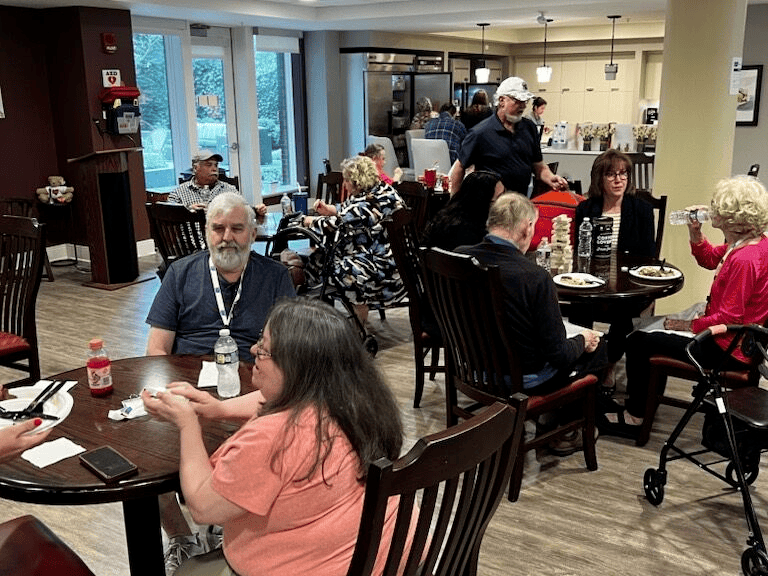
Collaborating with community partners and nonprofit organizations is a powerful way to create positive social impact. Volunteerism, philanthropic donations, and hiring their beneficiaries are just a few ways you could administer your resources to help the community partner achieve their goals and make a real difference through your efforts. However, it is essential to approach these partnerships with a commitment to equity, recognizing any power dynamics and preconceptions that may be at play. Before moving to Boston from the UK, I had the privilege of running corporate philanthropy broker Businesses for Islington Giving, a subsidiary of the East London Business Alliance, and along with three extremely talented direct reports we spent a significant amount of time educating both corporations and nonprofits on how to get this balance right. To ensure fairness and maximize the effectiveness of your philanthropic efforts, here are three key principles for an equitable community engagement strategy.
1) Listen first
Take the time to genuinely understand the needs of the community partner and what kind of engagement they are seeking. They know their organizations and beneficiaries best, so be sure not to make assumptions about where your support or resources would be most effectively used. In this way the time, energy, and dollars you give will closely align with their needs and help you see the direct impact of your investments.
- Approach community partnerships with a mindset of mutual respect, valuing their expertise and unique perspectives.
- Recognize and value the nonprofit’s expertise in addressing the needs of the communities they serve, actively seeking their input in decision-making processes.
2) Don’t overpromise and underdeliver
The best way to demonstrate your commitment to the community is by delivering on your promises. It’s possible that community partners have been let down by corporations in the past so be aware of the need to follow through with your offers. You will be perceived as a company worth partnering with and referring others to (many community organizations share their experiences with each other) and you will make a significant contribution to bolstering the trust between the life sciences and nonprofit sector as a whole.
- Starting small is OK. One-off support might be exactly what the community partner needs at that moment.
- Consider signing a MoU (memorandum of understanding) so the community partner knows what they can expect you to deliver.
3) Provide adequate resources and engagement
Allocate appropriate financial and human resources to support the community partner’s work, recognizing that they often operate with limited budgets and personnel. If you want to truly partner with a nonprofit, consider what you have access to which could contribute to their broader organizational and programmatic development. Fostering this kind of long-term relationship will ensure that you’ll be the first to hear of other engagement opportunities they might have in the future.
- Identify capacity building opportunities like training or mentorship.
- Go beyond the delivery of support by sharing findings, best practices, and lessons learned with the broader community, contributing to collective knowledge, and advancing the community/nonprofit sector.
Whether you’re setting up, relocating, or just want to further develop your community presence in areas like Greater Boston and Cambridge, reach out to us at inclusion@massbio.org for guidance and check out all of the amazing opportunities curated by our partner Life Science Cares.